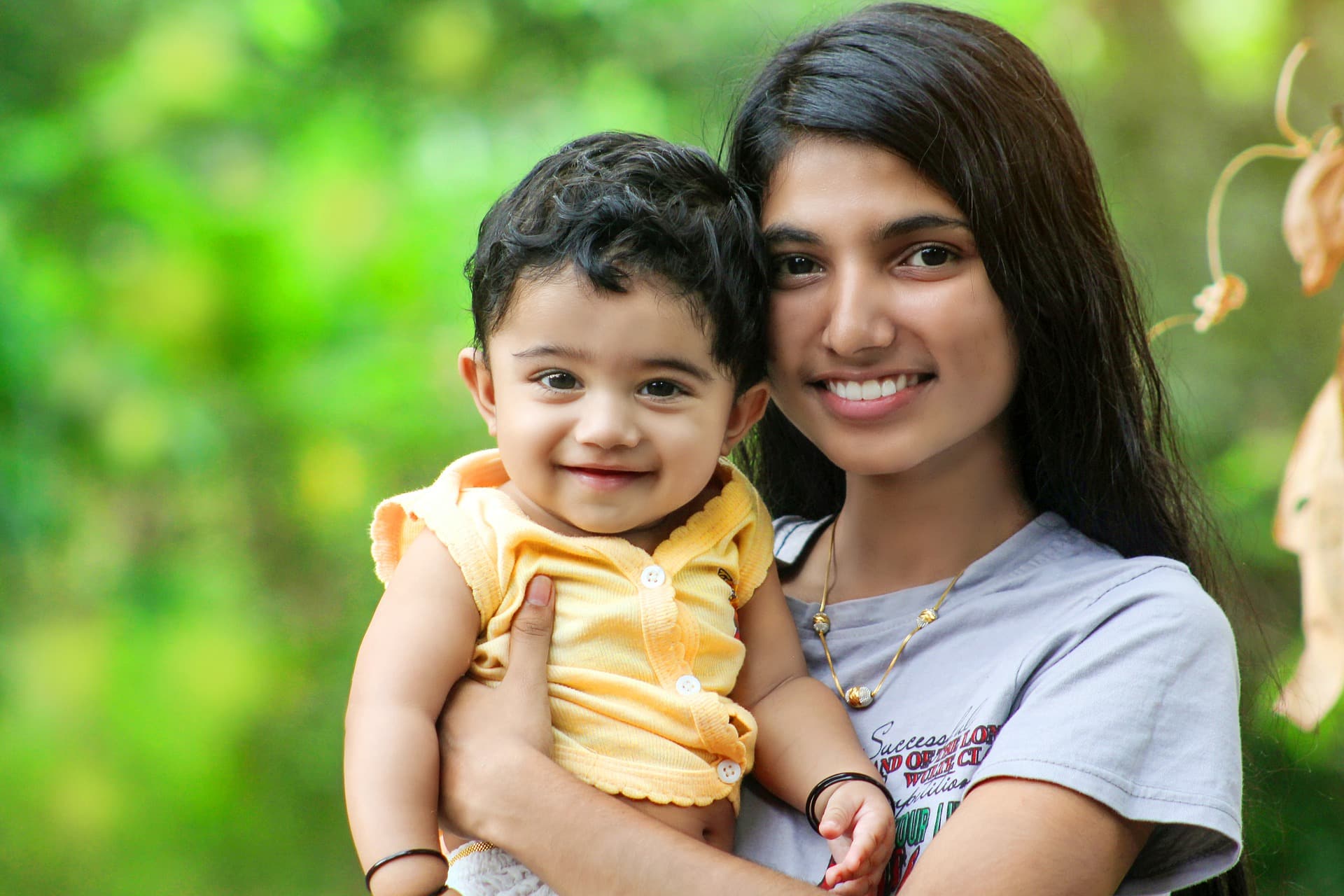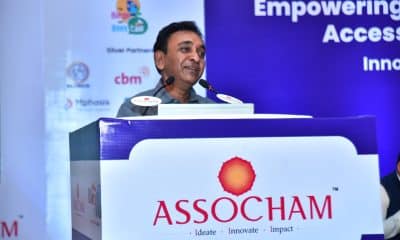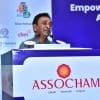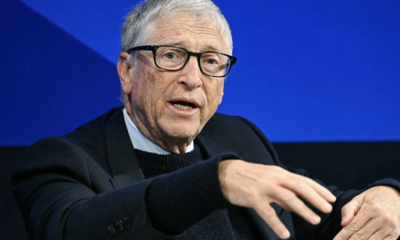India Happiness Report 2020: State Happiness Rankings, Impact of COVID-19 and Thought Leaders’ Insights
The first all India Happiness Report covering all States and Union Territories measuring happiness across the country, what contributes to people’s happiness, the impact of COVID-19 on happiness, and insights from thought leaders. The study is based on a nationwide survey covering 16,950 people between March and July 2020 by Professor Rajesh K Pillania. He is recognised for his extensive research, jointly ranked number one in average research productivity among management faculty (including IIMs & IITs ) in India between 1968 to 2014. In the happiness rankings of states and union territories, Mizoram, Punjab, Andaman and Nicobar Islands are the top three. Among the big states, Punjab, Gujarat, and Telangana are among the top three states whereas, among smaller states, Mizoram, Sikkim, and Arunachal Pradesh are the top three states in happiness rankings. Among union territories, Andaman and Nicobar Islands, Puducherry, and Lakshadweep are the top three union territories in happiness rankings. The results show marital status, age group, education, and income level are overall positively related to happiness and married people are happier than unmarried people.
Dr. Ashley Whillans, Assistant Professor, Harvard Business School, and a leading scholar in the time, money, and happiness research field, emphasises that people who value time over money report greater well-being. The spirit of India is quite resilient and the impact of COVID-19 varies across states and union territories. It varies from the worst possible to the best possible among individuals in the study. Maharashtra, Delhi, and Haryana have shown the worst possible impact of COVID-19 on happiness, whereas Puducherry and Jammu and Kashmir are neutral and Manipur, Andaman and Nicobar Islands, and Lakshadweep have shown the best possible impact of COVID-19 on happiness. Dr. Emma Sepp l, Science Director, Stanford Center for Compassion and Altruism Research and Education, and Co-Director Wellness, Yale Center for Emotional Intelligence, shares her conclusion that kind and compassionate people are the happiest and most fulfilled in a sustained manner throughout their lives.
The report contains insights from various thought leaders on happiness including historian and biographer Professor Rajmohan Gandhi, grandson of Mahatma Gandhi; Professor Sir Cary Cooper, a leading global scholar in occupational health and wellness research; Dr. Ashley Whillans, Assistant Professor, Harvard Business School; Dr. Emma Sepp l , Science Director, Stanford Center for Compassion and Altruism Research and Education; Jennifer Moss, CBC Columnist, and UN Happiness Council Member; Dr. Dasho Karma Ura, Head, Centre for Bhutan and Gross National Happiness (GNH) Studies; Dr. T.V. Rao, Chairman TVRLS and often referred to as the One of the Fathers of Human Resource Development (HRD)’ in India; Devdutt Pattanaik, a popular writer; and Dr. Rajendra Singh, popularly known as Jal Purush, Waterman of India’. People are optimistic about the future and generally scored more on happiness after five years compared to scores today. In the future happiness rankings after five years, Manipur, Andaman and Nicobar Islands, and Gujarat are the top three.
Dr. T.V. Rao, Chairman TVRLS and often referred to as the One of the Fathers of Human Resource Development (HRD)’ in India, stresses that it is time to review all HRD policies in the corporate sector, government, and all sections of society, and redesign them to create happiness at work. The three key takeaways for governments, organisations, and individuals are, first, different states and union territories are at different levels of happiness rankings. There is a pressing need for more discussions, focus, and the application of happiness in the Indian context. Second, knowing is not enough, happiness needs to be practised. Third, choose and put into practice all or some or at least one of the insights from this report. The full report is available for free at www.pillania.org Dr. Rajesh K. Pillania is rated and awarded the Top Professor for Strategy in India by ASSOCHAM and Education Post. He is recognised for his extensive research, jointly ranked number one in average research productivity among management faculty (including IIMs & IITs) in India between 1968 to 2014. His research and/or academic experience include the Indian Institute of Management, Kozhikode; Smith School of Business, University of Maryland; Harvard University; and Management Development Institute (MDI), Gurgaon, India among others.
Disclaimer: The views and opinions expressed in this article are those of the authors and do not necessarily reflect the official policy or position of the publication









































